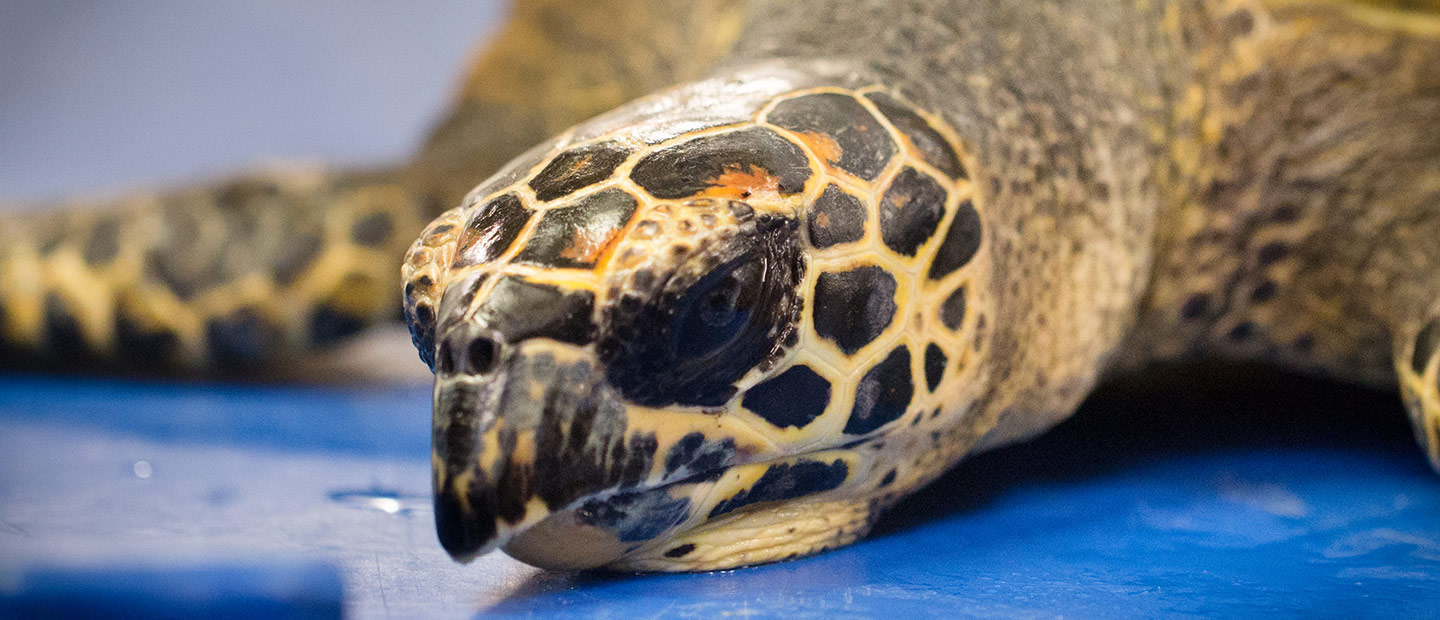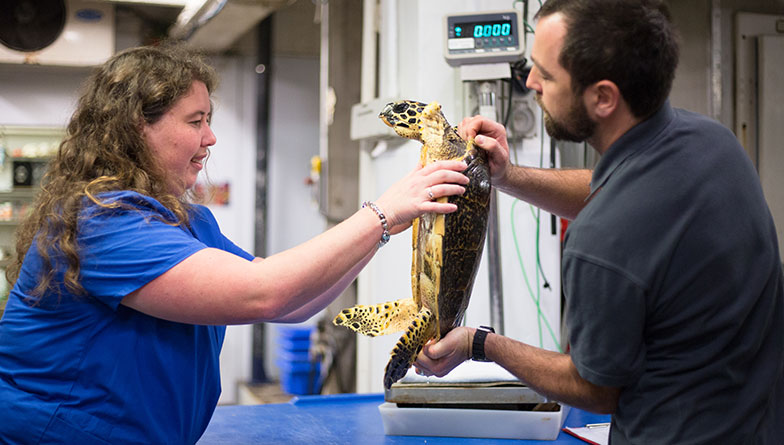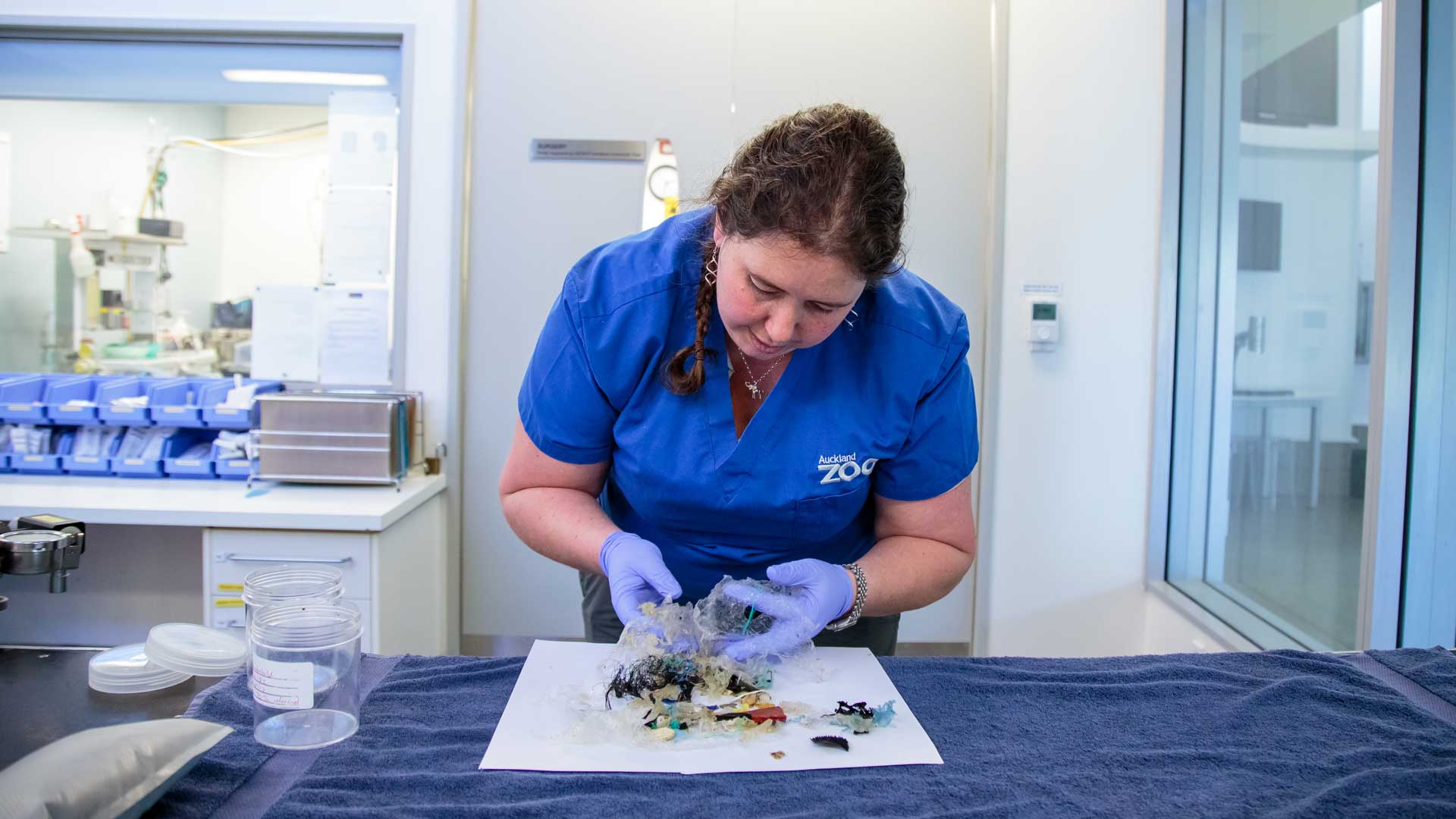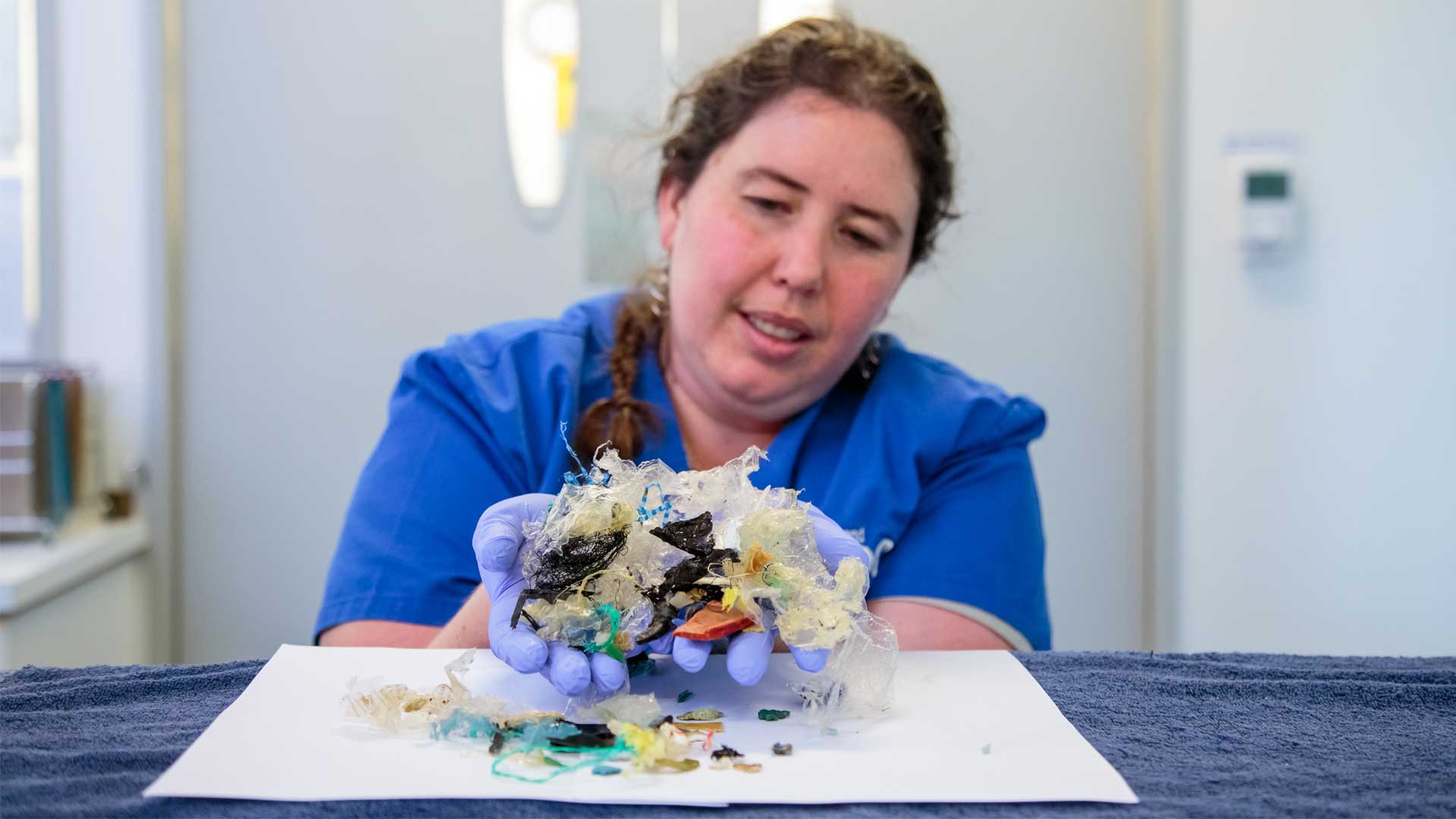In 2018, the theme for Earth Day is one that needs action and inspiration in the most urgent of ways. Plastic pollution – it’s a frightening problem. If you were to think long and hard about all the facts it might even keep you up at night. 300 million tonnes of plastic is produced annually, eight million tonnes enter our ocean each year, and by 2050 it is estimated there will be more plastic than fish in our oceans.
When plastic enters our oceans marine life ingest this. And if that is not horrific enough, these plastics – made from fossil fuels and able to release toxins and carcinogenics – are being absorbed by: the seafood we eat; the air we breathe; and the ground which we stand upon. Most terrifying of all? Plastic has only been produced for the last 70 years, and we already have 8.3 billion metric tonnes of the stuff, which will take a thousand years to break down, if ever. Scientists are calling it “an uncontrolled experiment on a global scale”.





